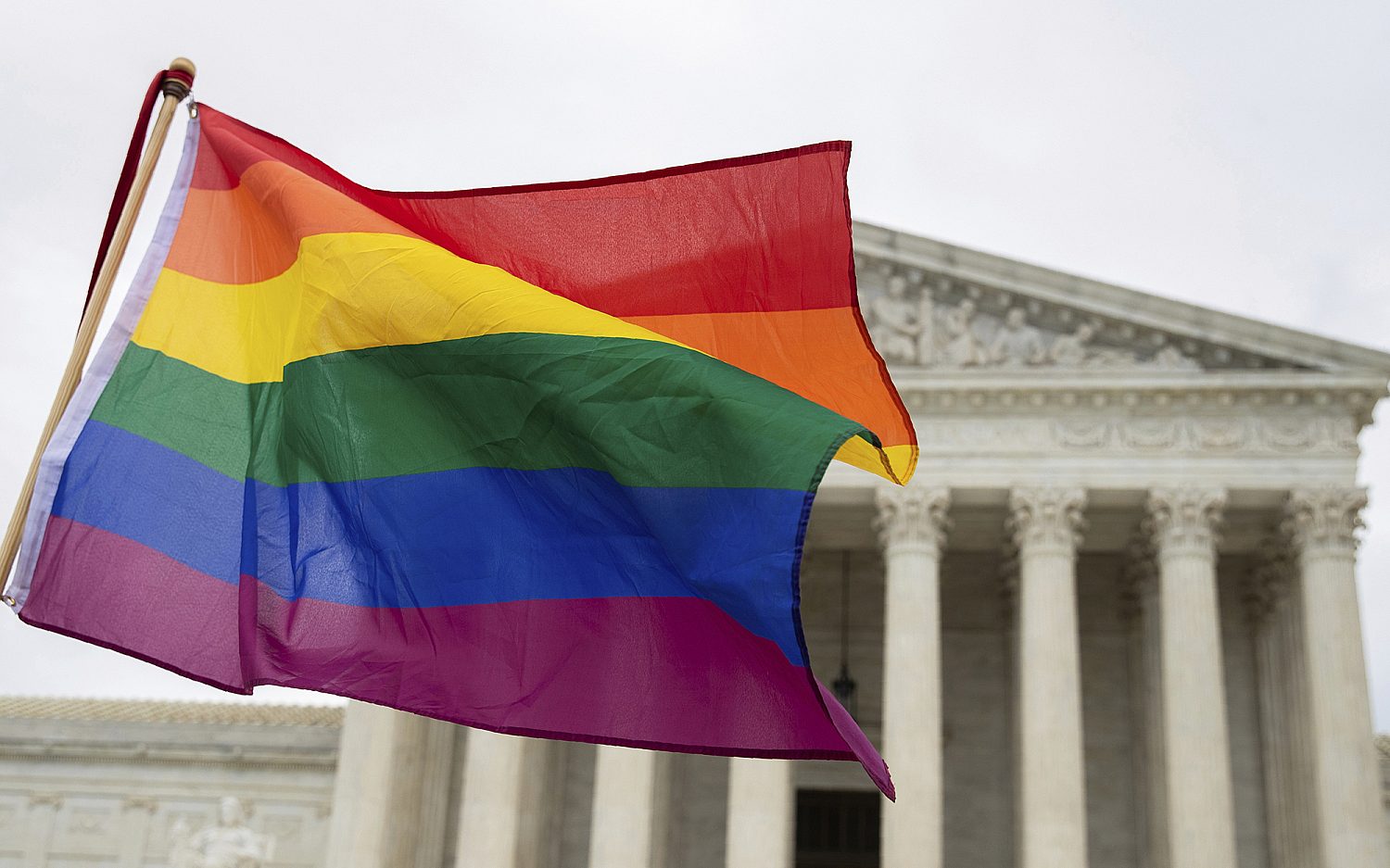Eggs for sale
New York now permits the use of taxpayer money to pay women donating eggs for embryonic stem cell research
NEW YORK-Researchers need more eggs for human cloning and embryonic stem cell research, and more women are desperate for money. Although some ethicists argue that paying for eggs exploits women by creating an "undue inducement" to undergo invasive procedures, the Empire State Stem Cell Board decided last week that researchers can use taxpayer funds to pay women for eggs.
Fertility clinics already generously compensate egg donors, but researchers have suffered a competitive disadvantage collecting the eggs required for embryonic stem cell research, since states have forbidden them to compensate women. At the June 11 Empire State Stem Cell Board (ESSCB) meeting, New York State Health Commissioner Richard Daines said, "Donations for research purposes have been essentially nil."
So in May, the board's Ethics Committee made a recommendation to board allow researchers to compensate donors. Last week, the ESSCB went further, letting researchers use taxpayer funds to compensate women up to $10,000-not just for out-of-pocket expenses, but also for time, inconvenience, and burden. "If it's ethical for researchers to pay, it's ethical for NYSTEM [New York State Stem Cell Science] to fund the amount," said Robert Swidler, speaking for the Ethics Committee at the meeting. New York is the only state to allow this so far.
Pro-life advocates and ethicists decry large payments for egg donation-either reproductive- or research-oriented-as exploitative and say that providing huge sums of money will tempt lower-income women to undergo invasive, unhealthy procedures. There has been little research on the effects of the procedure, which can take four to six weeks, uses large doses of hormones to stimulate the ovaries, and carries the risk of ovarian hyperstimulation syndrome, a condition that can cause blood clots and kidney failure in its most severe form.
The board acknowledged these factors but Swidler said, "Ultimately it seems too paternalistic to prohibit payment for those reasons." In fact, the high amount of discomfort and "physical burden" is all the more reason to compensate donors, according to the board.
Swidler added, "We can't be blocked by the fact that it will offend some people or there will be opposition. Embryonic stem cell research is offensive to some people . . . and we felt the objective here is a worthwhile objective."
Father Thomas Berg, a member of the Ethics Committee, unsuccessfully urged the board to wait on a decision and to allow public debate. He said later that paying for donations "does create a kind of soft-core human trafficking."
"I don't think it's necessarily going to be droves of women, but if it's even one woman who's exploited for these purposes, we should find that objectionable," he said. "With the economy the way it is, every climate is ripe for women, especially lower-income women, to look at this and see that there's an easy way to make up to $10,000."
And the decision comes just in time for the recession. Multiple news outlets report that fertility clinics are seeing an increase in the number of women interested in donating their eggs for profit; but at the same time, clinics have seen fewer families interested in pursuing expensive fertility treatments. With researchers now paying, too, there will be more of a market for eggs. "It will be really interesting to see how the fertility industry responds to this new competition," said Jennifer Lahl, director of the Center for Bioethics and Culture.
Lahl noted that the debate has shifted. Before, researchers justified their research by saying they could simply use fertility clinics' leftover, frozen embryos. Now, they are creating new embryos and using taxpayer funds to make it possible. Lahl said it comes with a cost: "How desperately do we want to cure one set of a population that we're willing to risk the health and wellbeing of another set of our population?"
An actual newsletter worth subscribing to instead of just a collection of links. —Adam
Sign up to receive The Sift email newsletter each weekday morning for the latest headlines from WORLD’s breaking news team.




Please wait while we load the latest comments...
Comments
Please register, subscribe, or log in to comment on this article.